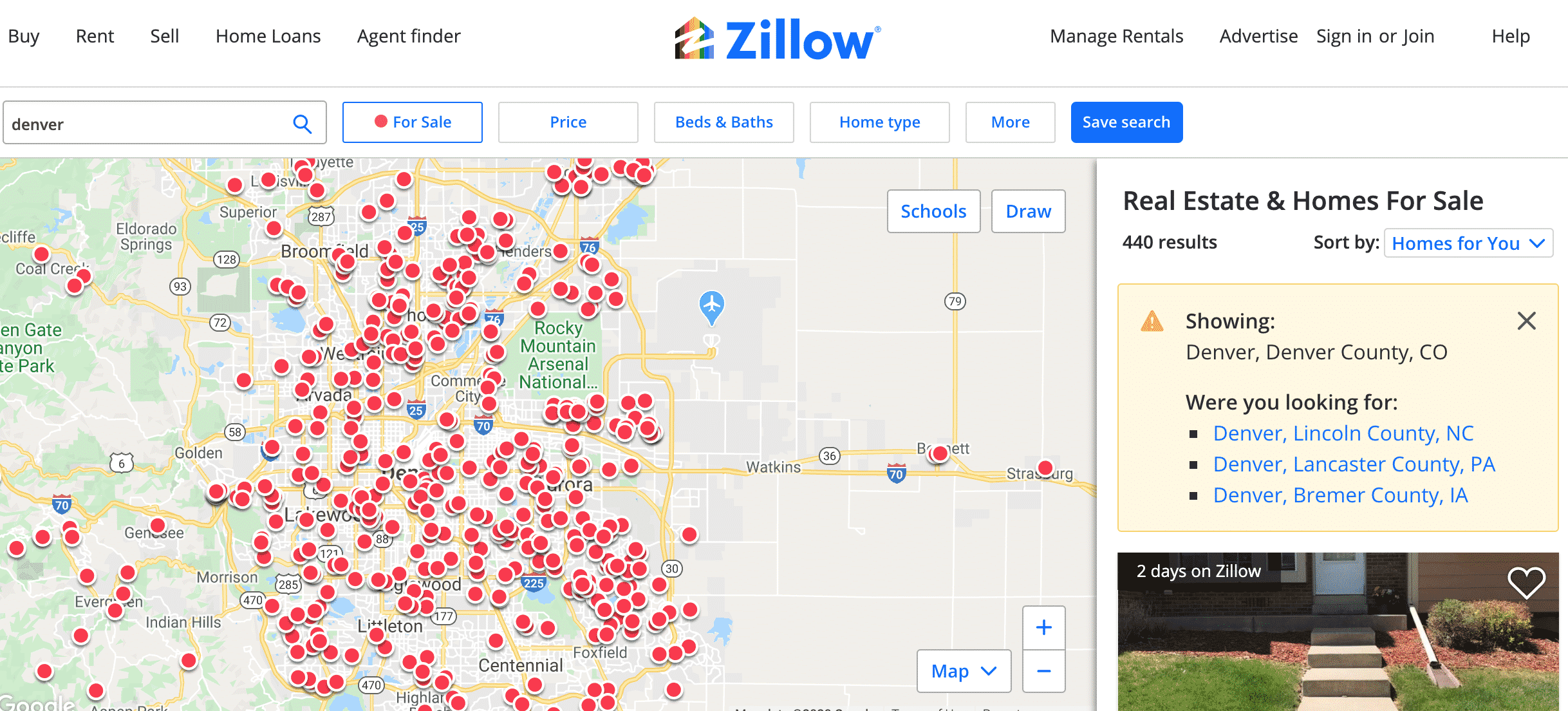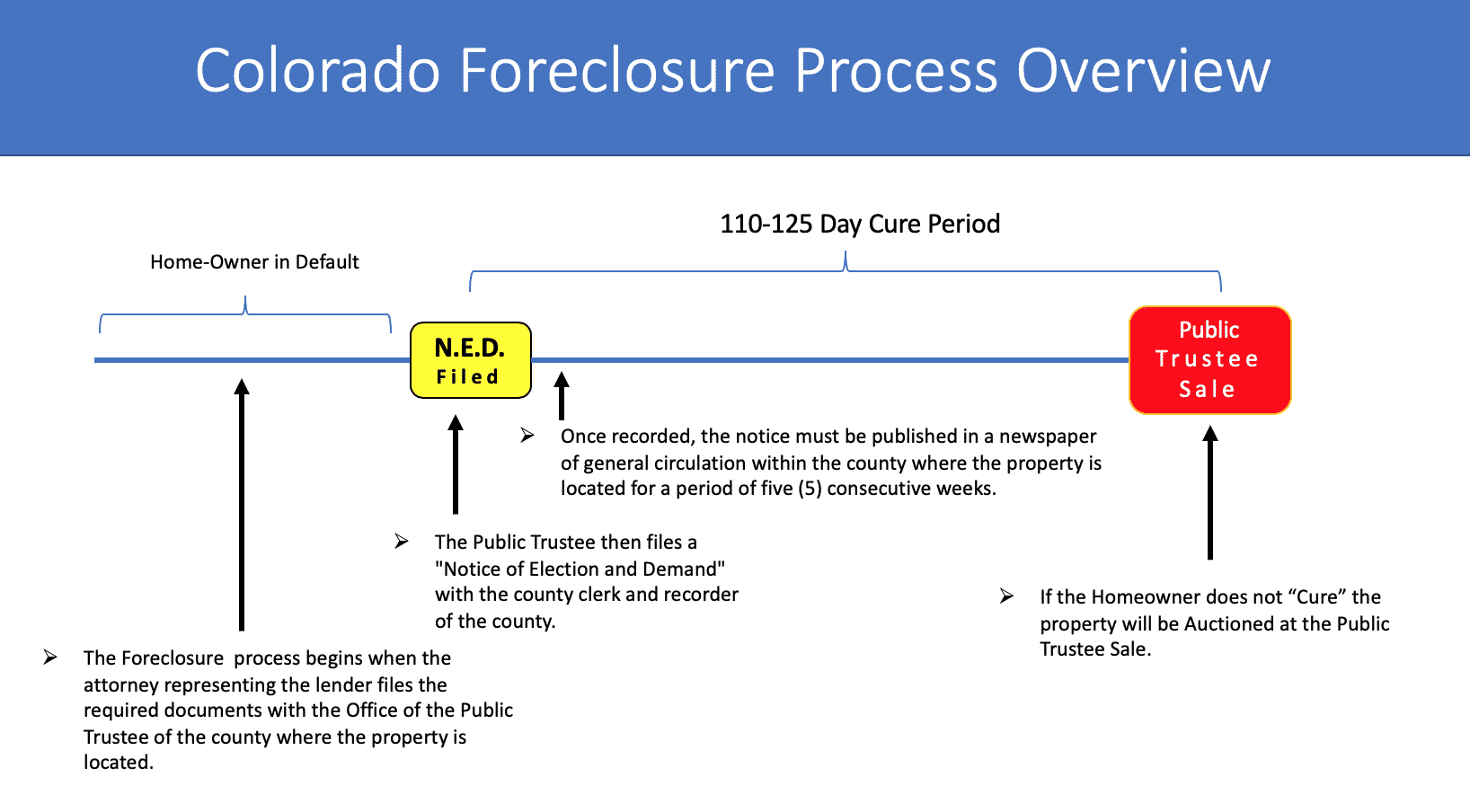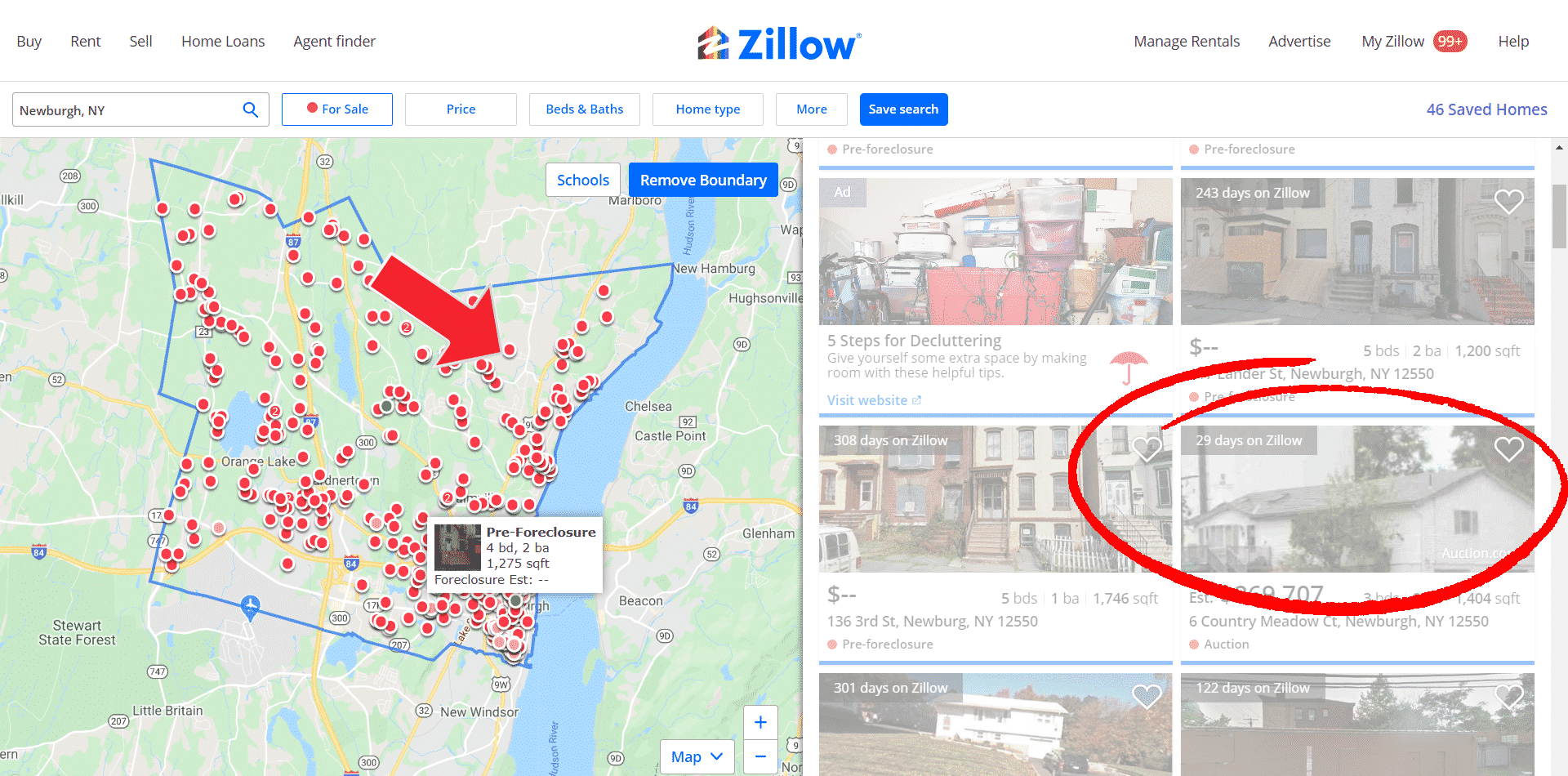In my 26 years as an agent and coach, I have never seen inventory this low. Many agents who predominantly work with buyers grumble that they have too many buyers and not enough listings to show them. Listing agents are not meeting their goals and some are struggling to make ends meet. Low inventory is a lose-lose for real estate agents and buyers.
Imagine if you could tap into a pool of future homes for sale that nobody else knows about.
These hidden listing opportunities do exist, you just need to dig a little deeper to find them and list them. In order to make your search easier, here are nine hidden listing opportunities that you can use today to get more listings.
1. Talk to Top-producing Agents

Here’s a common story that most agents tell when inventory is low: They have a buyer who is looking. Then, when a property becomes active, like a superhero they jump into action to be the first agent through the door, hoping to get their offer accepted, only to find that there are multiple offers and the client was beat out once again by a cash offer. Sound familiar?
Well, there are some top-producing agents out there who know of homeowners who might sell “if they got the right price” and other homeowners who are still getting ready to list, but don’t have their homes listed on the market yet. They can be an excellent source of listings for your buyers if you know how to talk to them.
How to Talk to Top Producers to Find Hidden Inventory
Begin with an MLS search of the past 12 months’ sales in the area your client is looking. Sort the search by “Listing Agent.” Now you can easily scan the data for agents who have sold the most properties in that area. Contact each top-producing listing agent and ask them if they know of any properties that may be coming on the market in the area. Be sure to talk up your buyers, but remember that your goal here is to build a long-term relationship.
Add this technique to your tool belt. I know it works because I have personally purchased two properties, under market value, using this technique.
2. Search for Abandoned Properties

Believe it or not, sometimes listing opportunities may be right in front of your face. Would you believe that there are people who actually forget that they own a property? It happens more than you think. At any given time, there may be hundreds of forgotten or abandoned properties in your city. Not all have been completely forgotten, some are not habitable, and others may be awaiting a future use. Either way, there are massive listing opportunities with properties like this.
I remember a property, early in my career, that I drove by nearly once a week. It sat vacant for several years and I noticed no one seemed to be taking care of it. The weeds were overgrown and the paint was chipping. It never dawned on me to inquire about who owned it, until one day there was a construction crew working on the neglected exterior. I asked the man working on the house if he was the owner. He said he had recently purchased the property. He told me that he had noticed that the property was vacant so he decided to track down the owner.
It turns out that a bank had foreclosed on the property several years ago and somehow forgot that they owned it—until the investor tracked down and presented them with the foreclosure sale information. Once he convinced the bank they actually owned the property, he made the bank an offer to buy it. The offer was far less than the current market value, and the bank took the deal!
I kicked myself, because I had driven by that property many times and I could easily have done some simple research to discover who owned the property and contacted them to see if they would sell it. I made the commitment, that day, to not allow opportunities like this pass me by.
If you want to learn from my mistakes, here is a quick rundown on how you get started finding abandoned properties to list:
How to Find & List Abandoned Properties in 2022
If you’re hungry for listings, tracking down owners of houses like this can be tricky, but worth the effort. Vacant house, boarded-up windows, and knee-high tall grass all signify neglected or vacant properties. Here are four ways to do it:
1. Look Up the Property in Your County Records
Finding the owner’s name on an abandoned property you know of can be as simple as doing some research of county records. Most counties provide an address search online for free.
2. Use Data From the U.S. Postal Service
Other ways include using the data from the U.S. Postal Service. Data providers can give you with data about properties for which the resident forwarded their mail to another address and there hasn’t been an address forwarded back to the property. This suggests that the property is vacant.
3. Order an Owner & Encumbrances From a Title Company
You can also order an Owner and Encumbrances (O&E) from your favorite title company. Find out who currently owns the property and what the owner’s mailing address is. You can send a letter or use a skip trace service to do a reverse search to find the owner’s phone number using their mailing address.
4. Use Freedomsoft
If you are short on time, software like Freedomsoft can quickly search the Postal Service data and do the skip trace in just a few minutes. Learn more about Freedomsoft’s vacant home search and skip tracing feature at https://www.freedomsoft.com/.
3. Build Your Inventory With Homebuilders

Homebuilders are another great hidden resource of listing inventory. Here’s why: Some builders don’t list any of their inventory on the MLS. Almost none list all of their inventory. Like an FSBO, many homebuilders rely on drive-by traffic and a website to drive buyers. To avoid oversupplying the market, they rarely list all of their inventory on the MLS. Therefore, homebuilders can be a great source of hidden inventory. Here are four ways to start working with homebuilders to get hidden listings:
4 Ways to Find Hidden Inventory With Homebuilders
1. Know When & Where New Developments Are Being Built
Many agents don’t know that most larger homebuilders plan communities three to five years in advance. Keeping apprised of the builder’s future communities will give you an advantage over the other uninformed agents. In some cases, they will presell homes long before the first shovel is placed in the ground. Ask your homebuilders about future projects and check with your city or county for newly filed zoning variances and permits, and then build relationships with these builders.
2. List Builders’ Future Inventory on the MLS
Another hidden listing opportunity is to list the builder’s future inventory on the MLS. Many larger homebuilders have onsite sales people who are not active real estate agents. Therefore, they either do not have any of their homes on the MLS or they are only listing some of them with a real estate agent. Even if the builder has properties being marketed by another real estate agent, in most states the agency agreement is property-specific. This means that you cannot solicit them on properties that are currently listed, but you can solicit them to list the properties that are not listed with an agent yet.
3. Solicit a Local Builder to Create a Custom Home for Your Buyer
Some homebuilders will build a custom home specifically for your client. In my market, Denver, Colorado, like many areas, there is very limited inventory in an extremely competitive market. So resourceful real estate agents work with local builders to build their clients a custom home where an obsolete home currently sits or on an unimproved lot.
Your buyer may not have even thought of having a new home built, or might have assumed it was out of their budget. If you develop relationships with builders, you can then educate your buyers on the process and offer them another option to get into a new home.
4. Take Advantage of the List-assist
Sometimes, homebuilders have buyers who have homes they need to sell in order to qualify to purchase one of their newly built or to-be-built homes. This technique is traditionally called a “list-assist.” The homebuilder pays an agent a commission on the home the buyer is purchasing and in return, the agent lists and sells the contingent home for a deeply discounted commission.
There are great rewards for agents who take the time to meet and develop relationships with homebuilders. Learn how to develop relationships with homebuilders in our course How to Survive and Thrive in a Shifting Market.
4. Convert FSBOs to Listings

While FSBOs are an obvious source of listings, many agents avoid them. Why? Because they think that an FSBO decided to sell themselves because they hate real estate agents, or because they don’t want to pay a commission. This is not always the case. In fact, there are actually three types of FSBOs. Here is a quick description of each and a few tips on getting them to list with you:
1. The Veteran
Veterans are sellers who have sold several homes in their lifetime (possibly an attorney or a former real estate agent). They have 90% of the home sale process under control and they are in no hurry to sell. They are OK with leaving a little money on the table. Offer them services and keep in touch with them. About 10% will list with you if you follow up.
2. The Do-It-Yourselfer
Unlike the veteran, the do-it-yourselfer doesn’t really have the experience or skills to sell their home. They actually do want to sell their home but believe that they can “figure it out.” The same way they “figured out” how to build their shoddy, non-permitted deck dangling from the back of the house. They are overconfident and want to save a buck. Move on from this type; they will waste your time and want a deeply discounted commission.
3. The Novice
This seller has never sold a home before, or not in the recent past, and they don’t understand the home sale process, legal contracts, or the power of listing with an agent on the MLS. They thought that selling their home is as easy as placing a sign in their yard. They want to do the right thing for themselves and others, but don’t understand the process. These are the people you are looking for.
Of course, figuring out what type of FSBO you’re dealing with can be tricky. Generally speaking, an FSBO with professional listing photos, a thorough listing description, and a note for buyer’s agents is probably a veteran. Of course, you never know until you call them.
Here’s a quick story about an FSBO we cold-called one day that will hopefully convince you to pick up the phone. A few years ago, my team and I were cold calling FSBOs from Zillow’s website and found a novice.
The gentleman who answered the phone replied to our inquiry about his home for sale with, “I thought if I put my home on Zillow, real estate agents would call me to list and I could interview them. It has been over a month and you are the only agent to call.” We quickly set an appointment to see the property and listed the house.
How to Start Listing FSBOs Today
Find a Source
Title companies, such as REDX, Craigslist, or Zillow, are all great sources to find FSBO leads. In my market, a quick Zillow search shows over 400 FSBOs currently in the Denver area, where I live.

Pick Up the Phone & Call Them
You may have to kiss a few FSBO frogs to find the Prince Charming Seller. But in reality, the only way to list with or get your buyer in to see FSBO listings is to call them. Not sure what to say? Here are a few FSBO scripts to get you started.
Know Your Value
Even if you’re the most confident agent on the planet, they’re not going to list with you or let you show their home if you don’t know your value. Explain to them why listing with you will net them more money, with less risk, than selling it themselves. Here are a few talking points you can use to demonstrate your value to FSBOs:
- “NAR statistics show that agents sell homes for more than a For Sale By Owner.”
- “Federal and state governments have laws that all sellers must comply with, even if you are unaware.”
- “An attorney charges by the hour, and you will therefore have to pay even if the transaction does not go through. I only get paid upon a successful sale!”
- “My job is to drive qualified buyers to your home; your job is to price and condition it accordingly. My marketing is designed specifically to attract qualified buyers to your home.”
If you want to learn more about how to present your value to an FSBO, check out my FSBO presentation on Love Lead Generation here.
5. Prospect Expired Listings

If I needed to get new listings ASAP I would call expired listings. Prospecting expireds is still the fastest and lowest-cost way that I know to generate listing appointments quickly. The reason that nearly every real estate coach teaches expired listing prospecting is that, unlike many other lead generation strategies, prospecting expired listings is predictable, duplicable, and efficient.
Every agent knows that they can find expired listings on their MLS or using REDX. However, the MLS data only tells us two things about the homeowner: at one point they genuinely wanted to sell, and the price they wanted to sell at. Nothing else. We don’t know the answers to questions like: “Why did you decide to take it off the market?”, “Why do you believe it did not sell?”, and “Do you still wish to sell?” Your mission is to get the rest of these questions answered. The answers to these questions will lead you to new listing opportunities.
How to Find & List Expired Listings
Begin with finding quality expired listing data. You can sometimes use your MLS, but there are data providers like REDX that make prospecting expired listings easier by providing expired listing data, including the property address, owner names, and phone numbers. Well worth the few dollars a month they charge if you want to get listings from expireds.
Next, decide if you are going to call, text, mail, or door knock to meet the homeowner. The way you decide to contact them may determine your success. Remember, your goal is to get the three questions answered, “Why did you decide to take it off the market?”, “Why do you believe it did not sell?”, and “Do you still wish to sell?” Mailing them may be easy, but calling or door knocking will be more effective.
Ask the three questions above, and then ask “May I show you what I do to get houses sold?”
The more contacts you make, the more chances you have to find a seller who needs to sell now. Practice and role play, keep track of all your activities to measure your progress, and over time, you are sure to find success prospecting expired listings.
6. Convert Rental Properties Into Listings

Wouldn’t it be nice if homeowners raised their hands when they wanted to sell? Well, guess what? Real estate investors do exactly that.
Most agents assume that every rental property is owned by a serious investor. They also assume those investors will list only the minute they are ready to sell. This is definitely not the case. Just because a house is currently being offered for rent does not mean that all homeowners who rent their homes are professional investors.
Some homeowners were not able to sell their home in time and decided to just rent it to cover the mortgage, some are just dabbling in investing, while others are the serious professional investors who you think won’t give you the time of day. That’s simply not true. There are many kinds of professional investors too.
Some professional investors are market cycle investors. They buy when the market is down and sell when prices are high, some are buy-and-hold investors with long-term goals of paying the properties off, while others are flippers—buying, updating, and selling for a profit.
When properties become vacant, all investors are faced with a choice to rent it or to sell now. Even long-term buy-and-hold investors may be looking to sell one or more properties in order to purchase others. The challenge for an investor is that there’s a big difference between prepping a property for rent and updating it for sale. Often, it is easier to just prepare a property for rent than it is to prepare it for sale.
Rent-ready may only require a deep cleaning. Updating the property for sale may require a new roof, carpet, paint, windows, and appliances. Many investors don’t want to take the risk of spending thousands of dollars on modernizing a property and having it sit vacant while they are testing the market. Simply put, investors may be interested in selling if you make it easy and low risk for them. Here’s how you can do that:
How to Convert Rental Properties Into Listings
Some investors rent properties on traditional long-term leases, others rent out homes by the night or week on sites like VRBO and Airbnb. The opportunity to contact them arises when the property is being advertised for rent. Look to websites like Craigslist, Rentals.com, VRBO, and Airbnb to find investors who are facing the decision to rent again or possibly sell. Rental listings sitting for a long time could be an indication that the owner is having a hard time finding tenants and may be open to selling.
Here is my simple script to pitch to investors:
“Hello, my name is __________. I see you have a property for rent at ____________________. Would you be interested in selling it for top dollar in as-is condition?”
This script gets right to their motivation. It doesn’t say that you are going to buy it—just if they are interested in selling.
When they reply “yes,” respond with:
“Great! I would like to see the property and discuss your situation. May I come tonight at 4:00?”
This simple technique can make you thousands in commission income. Trust me, many of my agents have gotten listings this way.
7. Help Homeowners in Pre-foreclosure

Another untapped source of potential listings are pre-foreclosures. Pre-foreclosures are homes that are in the process of foreclosure but have not been foreclosed upon yet. Pre-foreclosures are an outstanding opportunity to find motivated sellers and homes that are not on the MLS to list or to sell to your desperate buyers.
You may be thinking that the market is so good that there are no foreclosures in your area. Even if there aren’t many foreclosures, chances are there are still pre-foreclosures you can work with. It is my experience that no matter the market conditions, there are always people who are facing difficult situations, and these situations turn into pre-foreclosures. Facing foreclosure can become a strong motivation for a homeowner to sell.
How to Turn Pre-foreclosures Into Listings
Begin the process of turning pre-foreclosure into listings by getting a basic understanding of your state’s foreclosure process. This will help you to guide the distressed seller and help them avoid losing the house to foreclosure. Here’s what the process looks like here in Colorado:

Next, get a list of pre-foreclosures. Most counties are required to do public notices when a property is in foreclosure. These notices are listed in the local newspaper or on the county’s website. You can also use a regularly updated database like Foreclosure.com to receive email alerts on new foreclosures.
Once you have a basic understanding and your list, begin contacting the homeowners and offer your knowledge and expertise to assist them to keep their home, if they can, or help them sell it before it gets foreclosed upon.
5 Underrated Strategies to 2X Your GCI During a Downturn
8. Develop Relationships With Local Banks & Credit Unions

What if finding listings was as easy as going to your bank and making a withdrawal? When you take the time to establish the right relationships, it can be just that easy. Local banks and credit unions are an excellent place to get started. When their mortgages go into default, they need a real estate professional, like yourself, to help them determine the as-is value, and possibly list the home if they have to foreclose.
An additional benefit of working with banks and credit unions is they have customers who are applying for mortgages to buy a home. This means that they have qualified buyer leads. The rewards for building strong relationships far outweigh the time and effort it takes to develop them.
How to Find Hidden Listings by Working With Local Banks & Credit Unions
Begin by visiting your local bank and ask for the mortgage banker or bank manager. Offer to provide value by offering discounted broker price opinions (BPO) and property drive-by or walk-through inspection. Over time, when they begin to see your value, they will trust you to list their foreclosed properties.
9. Working With Bankruptcy, Divorce & Probate Attorneys

The last three strategies to find hidden listing opportunities are working with customers facing difficult times. When people go through difficult times, they may be forced to sell their house. When homeowners face these sensitive situations, they typically don’t contact a real estate agent first—they contact an attorney. That means building strong relationships with local attorneys can help you get listings before any other agents even know about them.
Getting Listings From Bankruptcy
Listings from sellers facing bankruptcy can be tricky because of the additional rules and laws you must follow to sell the home. When a homeowner faces financial ruin and they must file for bankruptcy, they may be forced to sell their property or properties to cover their debts. But if you build a trusting relationship with a bankruptcy attorney, it can be a consistent source of business.
Getting Listings From Divorce
Handling a divorce sale can be emotional and challenging, but a skilled agent can turn one listing into three transactions: one listing from their former shared home and two sales from the homes each purchases after the divorce.
Today, many people also choose a divorce mediator in lieu of an attorney, but the process to build the relationship is the same. Of course, you’re never going to get any of these listings if you don’t have strong relationships with local attorneys. To get started, find a list of local attorneys and send them an invitation to lunch (on you).
Getting Listings From Estate & Probate
Probate or estate sales are one of the most overlooked listing opportunities. Each state has different laws regarding probate. Generally, probate is the process after someone dies. It ensures that any taxes or debts owed are paid in full and the property and possessions are distributed to the correct people. You can track down and contact the trustee directly or you can get multiple listing referrals by building relationships with estate and probate attorneys.
How to Get Started Working With Attorneys to Find Hidden Listings
Bankruptcy, divorce, and probate attorneys all have clients that need real estate services. These services include broker price opinions (BPO), they may need an agent to come to court and testify to the condition and value of a property, and, of course, agents to list and sell properties. If you present yourself as a professional who is educated and compassionate about the specific situation the client is facing, you may become the preferred agent for a local attorney with a full Rolodex of potential listing clients.
While this technique isn’t for everyone, if you are passionate or knowledgeable about one or all of these special circumstances, are willing to provide additional services above and beyond listing and selling, and, if you are caring and compassionate in difficult situations, then attorneys might be a golden opportunity for you.
Bottom Line: Hidden Listing Inventory Is Out There. Go Get It!
Nationally, active listing inventory is at an all-time low. To outpace the market, today’s real estate agent must find new and creative ways to generate listing leads. The strategies here are a starting point for you to decide which techniques are of interest to you and uncover opportunities that you may have in your market.
Don’t wait for others to jump on these unique opportunities. Take action today by selecting one of these strategies to focus on over the next month.
Over to You
Do you have a listing strategy we didn’t mention here? Let us know in the comments, or if you’re an active agent, join our Facebook mastermind group here.




Add comment